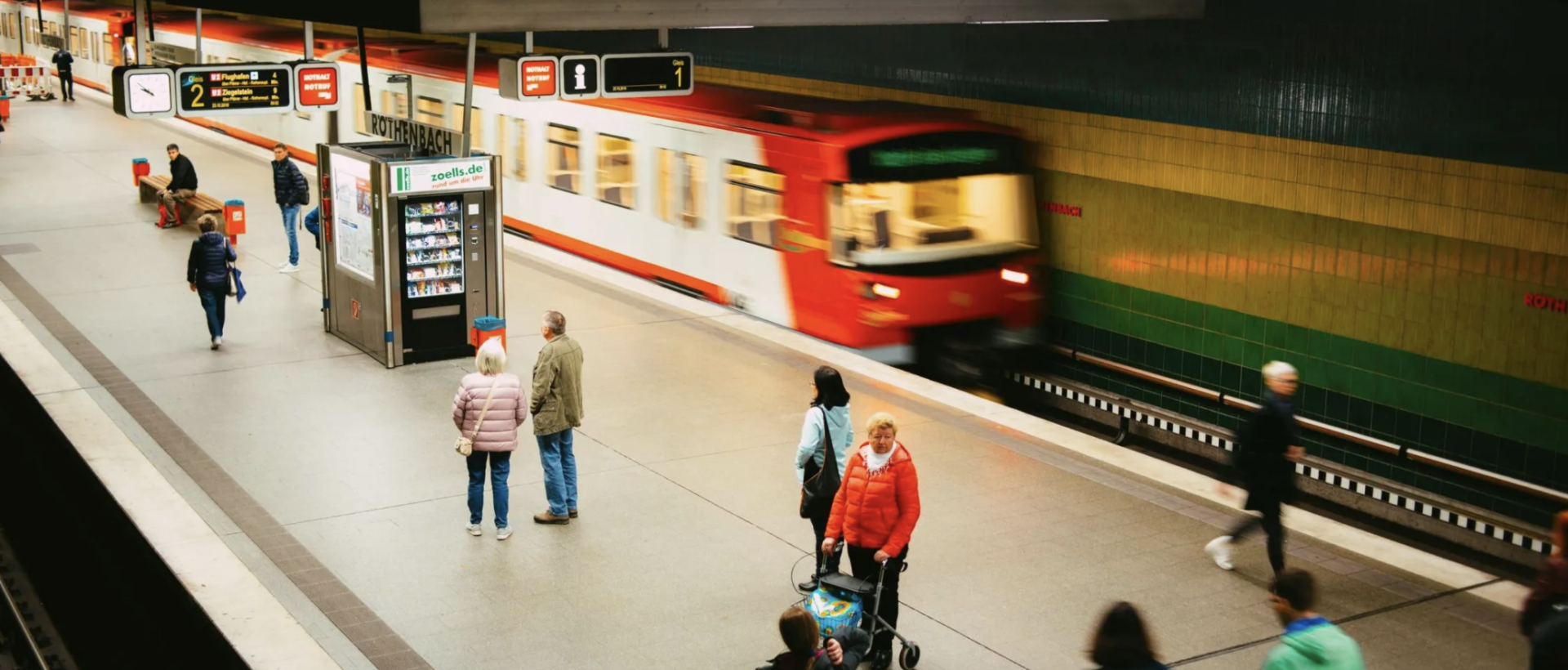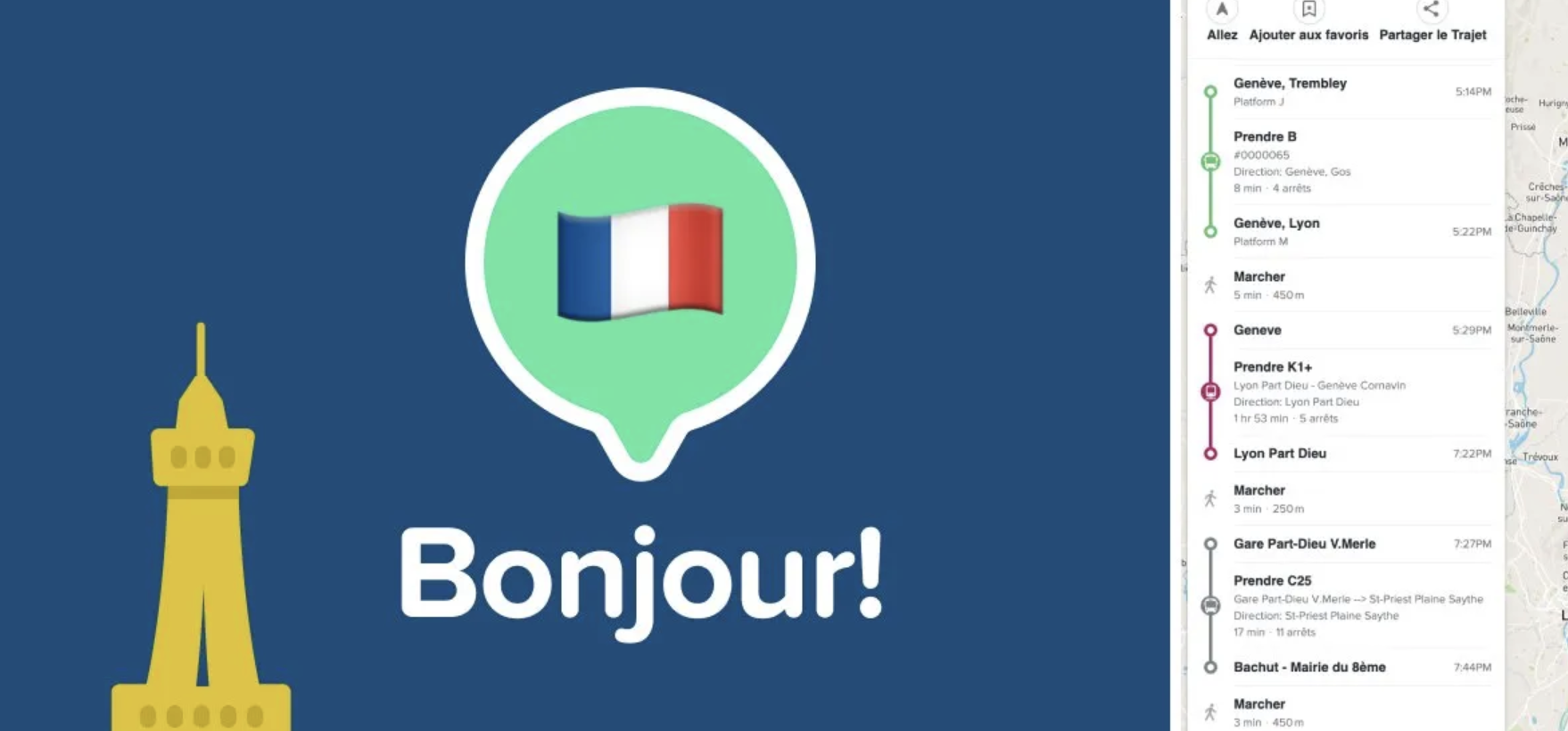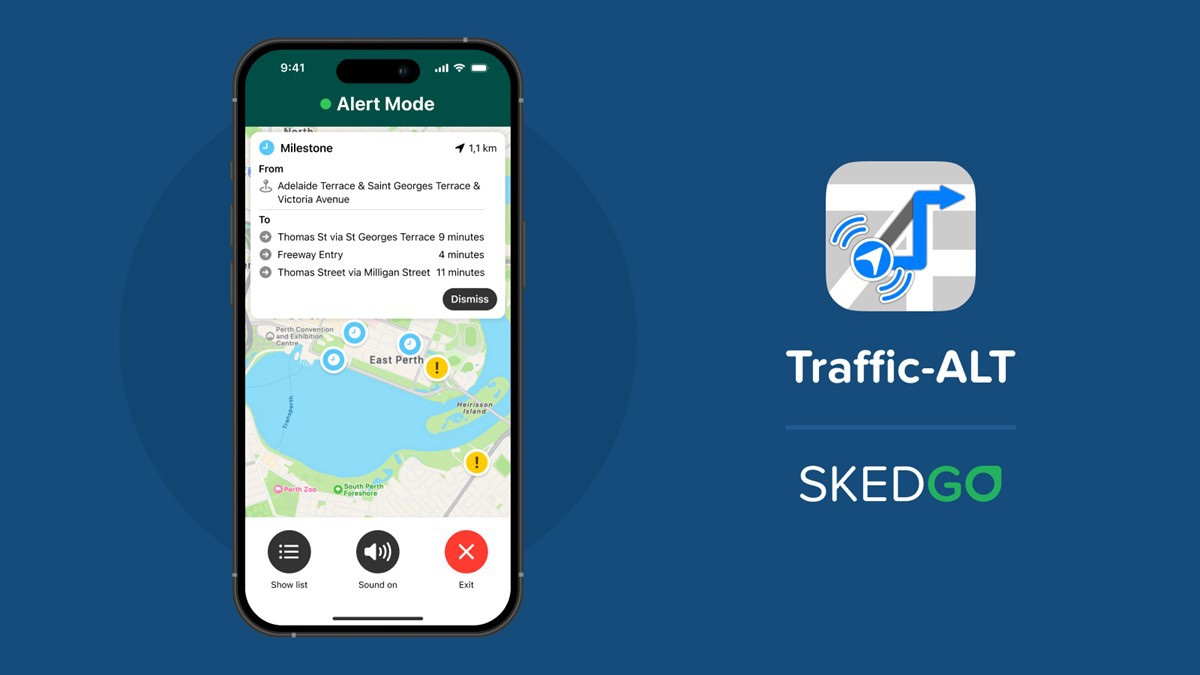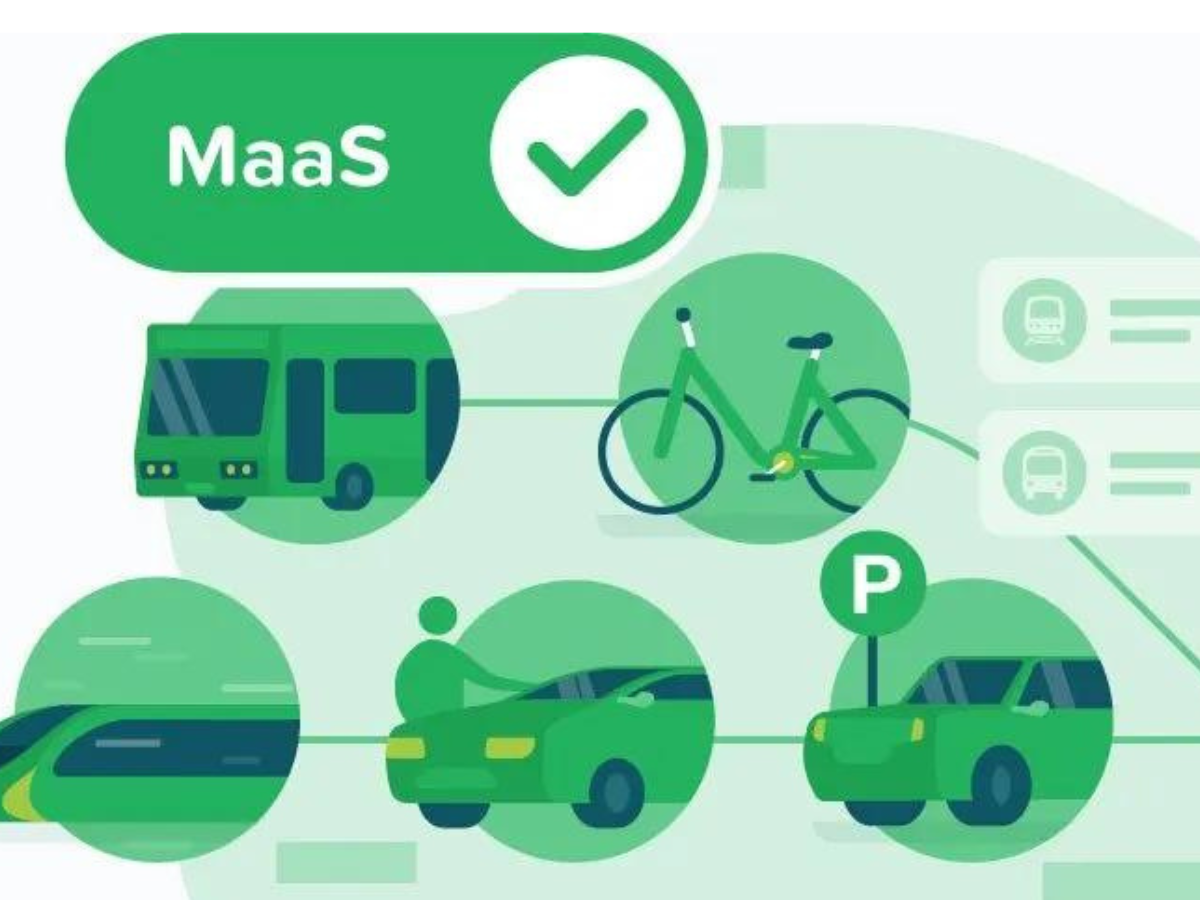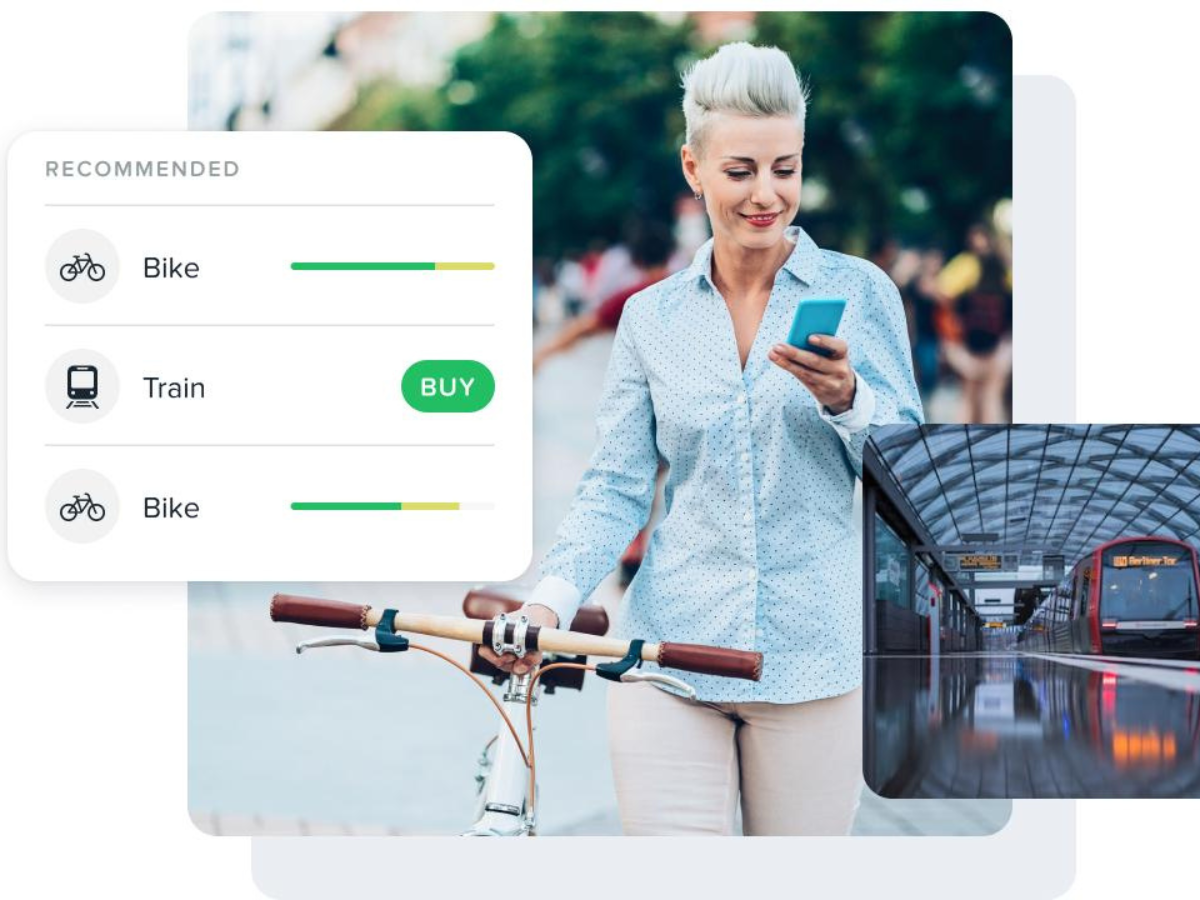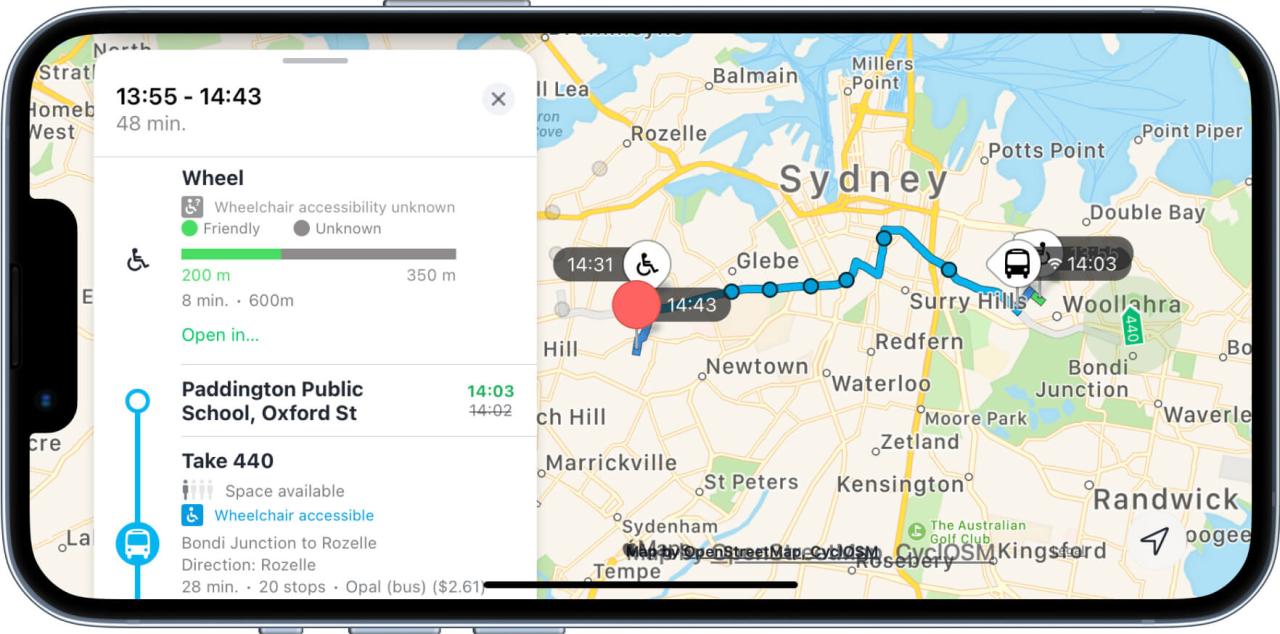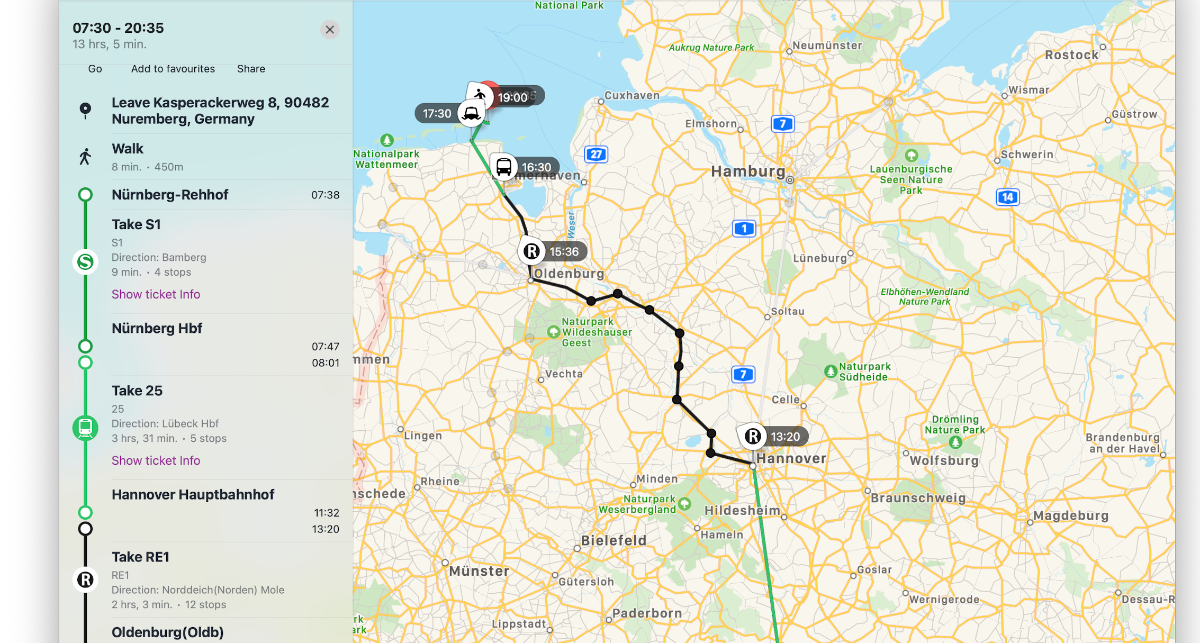Can MaaS Use Personalised Incentives to Help Lower Carbon Emissions?
- By Marlen Schönig, Marketing & Communications at SkedGo
As the world’s population grows, many leading cities are struggling to find solutions to their increasing traffic problems. The transport sector emits more greenhouse gases than any other industry and accounts for around a quarter of all energy-related carbon dioxide emissions (Our World In Data & WRI). Governments globally are looking to tackle the issue, setting demanding targets such as the EU’s European Green Deal which aims to reduce transport emissions by 90% by 2050 (European Commission).
Mobility-as-a-service (MaaS) provides a viable option, particularly in urban areas. A MaaS app allows travellers to compare and combine all available transport modes and plan, pay and manage their trips. However, this in itself doesn’t ensure that people will opt for eco-friendly alternatives; encouraging citizens out of their cars and onto greener transport modes is no easy task. Here, we explore whether personalised incentives as part of the MaaS solution could help cities to reduce carbon emissions.
What Are Personalised Incentives?
Personalised incentives are any rewards that an individual values enough to encourage them to undertake certain behaviours. The idea is to provide gentle nudges towards more sustainable modes of transport through feedback and rewards. These nudges could be in the form of positive messages such as ‘Well done’ or ‘You’ve saved X amount of CO2‘ or it might be creating leaderboards based on travel goals and badges for meeting those goals. Turning this into a game (known as gamification) can make it even more engaging for users. The more they repeat certain behaviours or activities, the more points, prizes or recognition they receive.
Personalised incentives can take many other forms too. Points could be offered for each kilometre walked or cycled or for shared journeys, which then could be exchanged for free trips or discounts on MaaS subscriptions. Rewards can also be attached to non-travel activities: volunteer at a community organisation for an hour if you’re unable to walk or cycle due to bad weather in return for extra points that could be exchanged for travel tokens or cash. Other rewards for travelling sustainably might include personalised vouchers for restaurants or shops. There is no shortage of options to consider.
Do Personalised Incentives Work?
Incentives such as these could help to increase the use of sustainable modes.People like to be rewarded, but they also like to choose what those rewards are and how they receive their rewards. That’s why personalised incentives are important as they’re tailored to the individual.
One way to see whether incentivisation methods are successful is, of course, to measure them. Using open banking data, APIs and algorithms to analyse and match transactions to GPS data, individual sustainable mobility behaviours can be tracked so that incentives can be allocated. Research in Italy and elsewhere suggests that private vehicle owners would choose more sustainable modes if they were incentivised to do so (Journal of Experimental Innovation). A recent MaaS trial in Sydney also concluded that incentives are likely required to shift behaviour.
While more research needs to be done, business- and consumer-related incentivisation has been used successfully for many years. Past research has shown that members of retail schemes, for example, want to engage with brand loyalty programs through technology and don’t mind having activity tracked if they receive more personalised rewards (Bond). This would suggest that rewarding travellers for their transport choices has a high chance of success.
Making Incentives Helpful Not Harmful
The vast majority of people use incentives to benefit in some way. However, incentives must encourage positive behaviour. Any rewards need to be both relevant to the individual and also support the overarching objective to reduce carbon emissions. For this reason, the type of incentives matter.
Incorporating a reward system into a MaaS app that aggregates all transport in any given region – not just a single operator – would avoid incentivising any one individual mode over others. Instead, greener modes such as walking and cycling could receive higher reward points – very similar to the Miles app which was set up in the US (Imperial College London) – with carbon-intensive options receiving no or very low points. If personalisation is done well, it could create a sense of ownership among users and make them feel better about themselves as well as reduce carbon emissions.
An Opportunity for Change
There’s a growing realisation that new models of shared mobility will be critical for supporting people and cities on the road to a sustainable future. The mobility sector has traditionally focused on the operational aspects of transport provision. MaaS, on the other hand, looks at the entire travel chain from the end-user perspective, aiming to create solutions that deliver value for both the user and provider.
Together with big data, it’s cheaper and easier than ever to capture detailed information about travel patterns, creating powerful opportunities to incentivise behaviour. Personalised rewards could be a cost-effective method of encouraging behavioural change to improve outcomes. The key is to understand what motivates the individual. Do they like saving money, being recognised for their efforts or do they mostly want to have fun and be challenged?
Community and social recognition are powerful motivators, which can be amplified by offering rewards. However, users must feel that the reward is not just an incentive but a recognition of the effort they have put in. This requires seamless integration with their existing activity, matching their preferences and giving them an excuse to engage socially with others who share their interests.
MaaS is all about personalisation – and incentives could not only increase awareness of the impact of transport choices but also encourage people to take actions they might not otherwise take. Changing human behaviour may be a major challenge but with the right incentives we might eventually get there, one small step at a time.
This article was originally published by SkedGo.


